
Digital Health is the combination of IT applications or technologies with medical knowledge. Digitization of healthcare is an area of the medical industry with immense potential for growth and exploration. It aims to improve medical care and patient supervision by leveraging various technologies’ innovative capabilities.
With the rising technologies such as blockchain, virtual reality, big data, artificial intelligence, 3D printing and more, the digital health market trends are witnessing quite a unique turn, and a significant change can be seen in the development of healthcare services.
In this article, we’ve covered everything you’ll need to know about the digitization of healthcare and the digital healthcare trends in 2022.
Digitization in the healthcare sector could enable the various segments of the industry to yield higher efficiency, cost savings, patient safety and quality care. In particular, the application of digital healthcare market trends in areas like FHIR server solutions, quality assurance, knowledge management, Operation Theatre (OR) management, supply-chain management and precision medicine would improve the overall efficiency of the healthcare system.
Moreover, the digitization of healthcare would enable people to receive relevant and timely data, helping them to manage their health proactively.
Digitization in the healthcare sector could help optimize the current information overload. There is abundant data on healthcare available for physicians and other healthcare physicians to analyze. However, due to the lack of advanced digital solutions, the true potential of that data isn’t leveraged and becomes meaningless.
The healthcare industry isn’t the same as data science. However, data science can significantly enhance the efficiency and future of medicine. A simple, versatile, and adaptable digitization of healthcare with flexible digital infrastructure would provide healthcare professionals and providers adequate innovative technological support.
Top ranked healthcare software development companies
Following are the technologies that could play a significant role in pushing the digital trends in healthcare forwards:
Dealing with large quantities of information in an organized and structured format is known as Big Data. It is one of the fastest-growing technological fields, and its use-cases have been gaining traction.
Big data enables the derivation of relevant information that helps make impactful and meaningful decisions. The biggest perk of Big Data that would boost the digitization of healthcare is its potential to generate goal-oriented knowledge that industries can effectively apply to specific problems in an oriented problem-solving manner.
3D printing technology enables the creation of three-dimensional models that can be used across various industries, such as healthcare, architecture, developmental planning and more. The models and works created using 3D printing technology are made of liquid and solid materials, such as synthetic resins, ceramics and metals.
In addition, the technology enables the development of complex models and structures without wasting resources; this feature would provide conducive support to the digital trends in healthcare.
POCT or Point of Care Testing Technology entails quick and continuous turn-around and communication of results. With these two characteristics, the POCT Technology can help guide clinical decisions, completion of testing, and follow-up action in a single clinical encounter.
For this reason, it is a great technology for powering the digitization of healthcare.
POCT technology has extended beyond laboratory services and is being used in healthcare devices such as ECG pulse oximeters, Patient Data Management Systems (PDMS), Ultra-sound and Echocardiography based on smartphone devices, and Physician Order Entry Systems. Therefore, the POCT technology can potentially become a digital health market trend if utilized rightly to optimize clinical and patient outcomes.
Artificial Intelligence is a technology that encompasses machine learning and deep learning. With complex algorithms and software, the technology imitates human cognition and analyzes detailed medical data or complex medical interactions.
The technology could play a significant role in fueling digitization in the healthcare sector by sifting and sorting relevant information from technical and complex systems to recognize patterns and trends in data, thereby improving the quality of medical research and reports using AI.
Blockchain is a digital ledger or a computerized transaction database. It is distributed across a network of computers and allows customers to securely exchange financial information with suppliers without the involvement of a third party such as a bank. A blockchain is an effective tool in healthcare to prevent data breaches, improve medical records’ accuracy, and lower costs. Now that we’ve learned about the essential technologies for the digitization of healthcare, let’s know more about the digital healthcare trends in 2022.
Following are the latest and rising digital healthcare market trends. Take a read to learn about these in detail.

Patients who have begun seeking on-demand healthcare due to their hectic schedules are ushering in a new era of digital innovation in the healthcare industry.
Recent statistics show that in 2018, mobile devices accounted for more than half of all web browsing worldwide. Consequently, mobility and on-demand medical services are an uprising digital healthcare trend in 2022.
According to DMN3, 47% of consumers seek doctors online; 38% search for hospitals and medical facilities. And lastly, 77% prefer to book medical appointments beforehand online.
Therefore, it is clear that on-demand services would be another digital health market trend full of business potential.

In the field of healthcare, Big Data can provide the following benefits or improvements:
The advantages of Big Data have specifically been evident in the area of tumor diagnosis and therapy.
For instance, big data can play a significant role in providing a genetic sequence to analyze tumors’ genetic material within 24 hours and comparing tissue samples within two days. These would require super-fast computers and an effective data compression method. In addition, it would help generate diverse molecular biological information for creating goal-oriented knowledge.
Therefore, Big Data and its potential are leading healthcare digital transformation trends in 2022.
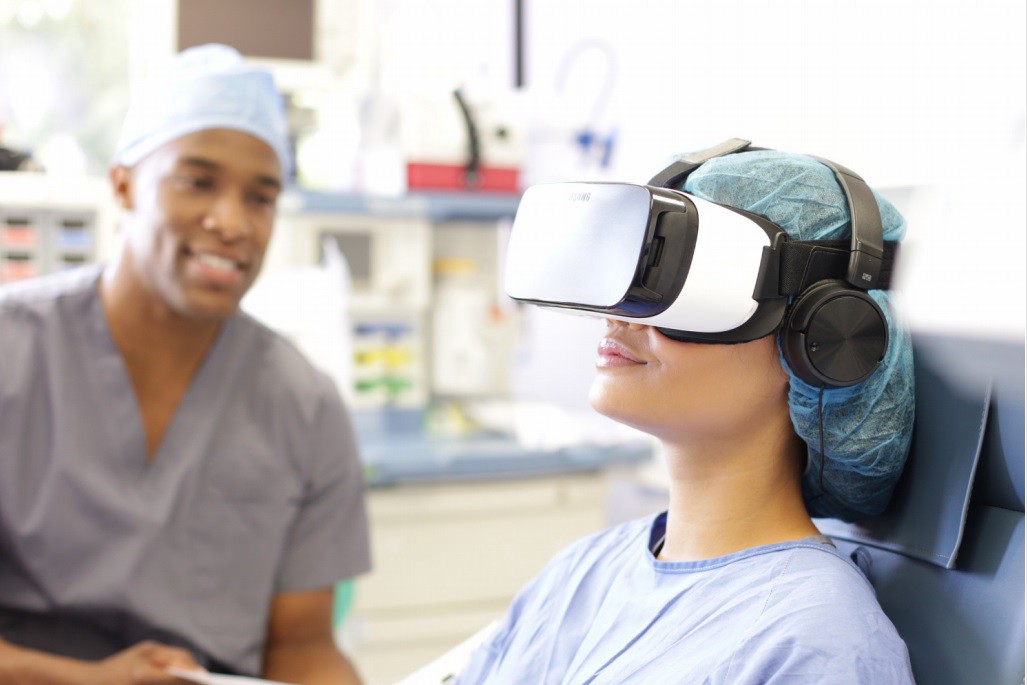
Myriad applications of Virtual Reality are profoundly changing how patients are treated. It is another one of the striking digital healthcare trends in 2022.
VR is a powerful communication tool that enables the healthcare industry to address people’s health issues and medical services problems more efficiently.
Virtual reality technology is being used to treat everything from anxiety to post-traumatic stress disorder and stroke. Doctors and residents can also use virtual reality simulations to hone their skills or plan complex surgeries. VR headsets could also encourage users to exercise and assist autistic children in learning how to navigate the world.
By 2025, the global market for virtual and augmented reality in healthcare is expected to reach $5.1 billion. Undoubtedly, this technology has made it to the list of healthcare digital transformation trends in 2022.
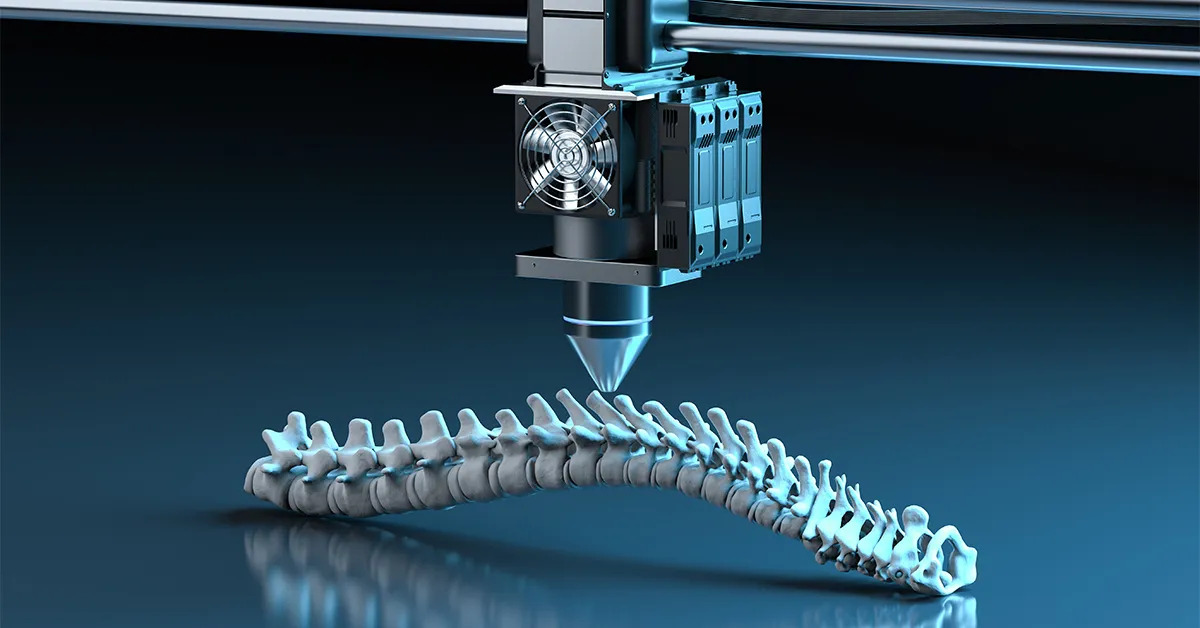
The role of 3D printing technology has been increasingly seen in understanding a patient’s anatomical particularities before proceeding with complex surgeries and operations.
A 3D model of any organ like the heart, lungs, arteries, hips, etc., is created after a thorough examination of the patient based on MRT and CT Data. Then, with the help of special software, this data is converted into a 3D model and materialized using a 3D printer.
Therefore, 3D printing technology is one of the most impactful digital healthcare market trends since it aims to enhance operational efficiency and surgical accuracy.
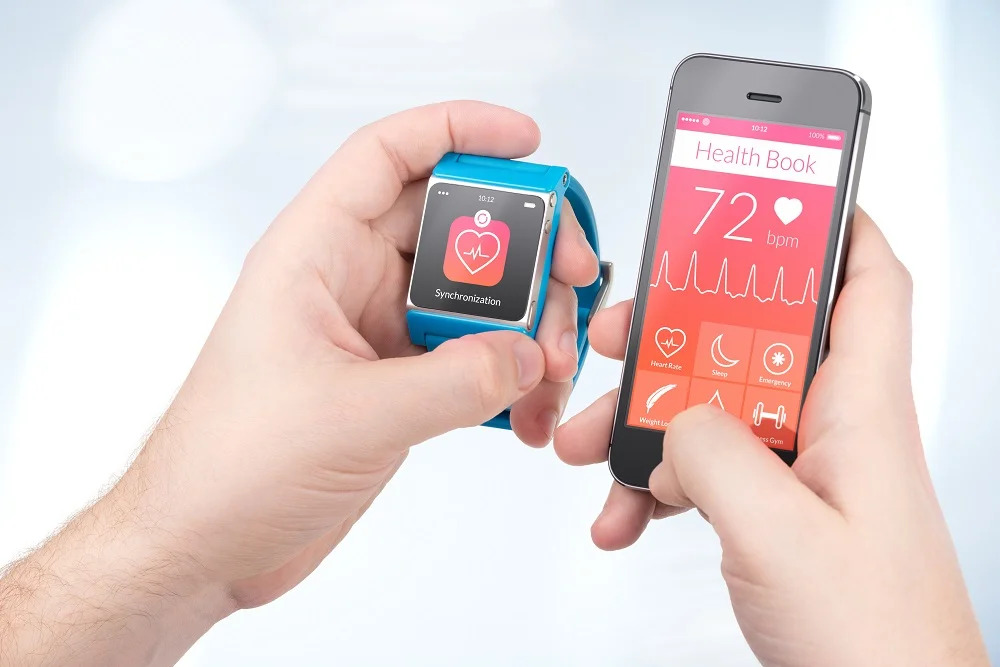
Companies collecting their health data from medical devices, including wearable technology, is another healthcare digital transformation trend 2022.
Previously, most patients were content with getting a physical once a year and only seeing their doctors when something went wrong. However, patients focus on prevention and maintenance in the digital age and demand more information about their health.
As a result, healthcare organizations are taking a proactive approach by investing in wearable technology devices that can provide real-time monitoring of high-risk patients to predict the likelihood of a major health event.
According to a recent report, the wearable medical device market is expected to exceed $27 million by 2023, representing a dramatic increase from nearly $8 million in 2017.
Evidently, wearable technology is not only the current but one of the constantly rising digital healthcare market trends.

Predicting which illnesses and diseases will lead to significant health problems in the future is another factor supporting the digitization of the healthcare sector.
Big Data and other marketing sources can help healthcare organizations develop healthy lifestyle recommendations for their patients.
For instance, data analysts can help analyze the keyword activity across social media channels and major search engines to determine the most common medical conditions, illnesses, and general health searches.
They could then create a predictive model that predicts where and when the next major health scare will occur and how your company can prepare for it.
On a smaller scale, the predictive analysis could pump digitization of healthcare, assisting businesses of all sizes in determining when to hire temporary workers due to impending outbreaks of colds and flu, which could result in a worker shortage.
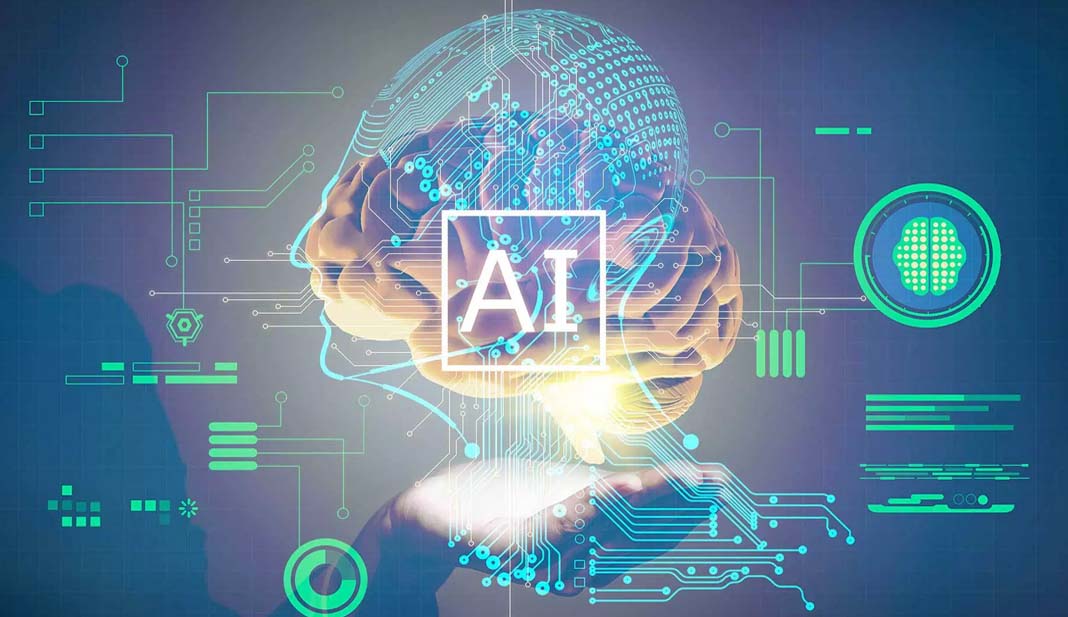
Health-related AI applications identify the relationship between prevention, diagnosis, treatment techniques and patient outcomes. In addition, AI programs are considerably helpful in improving diagnostic procedures, developing treatment protocols, and personalizing medical regimes.
These applications provide great utility to the patients as well as the healthcare professionals. And therefore, it is another one of the most exciting digital healthcare market trends.
Besides that, AI also enhances patient safety, better therapy and cost-reduction by identifying precise drug interactions, thereby improving the quality of medication management.
List of best artificial intelligence software (AI Software in 2022).
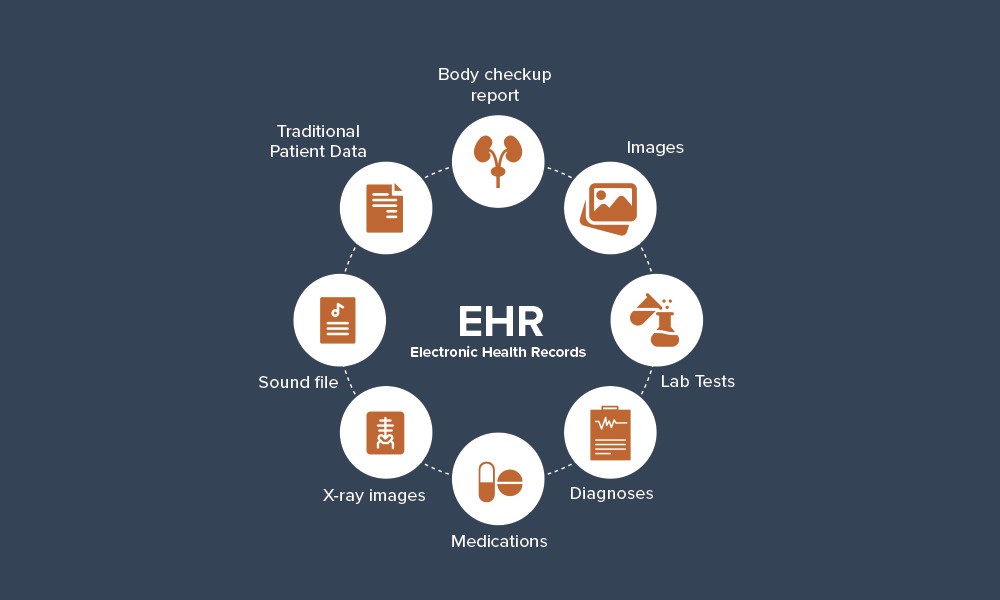
Investments worth millions of dollars in the digitization of healthcare with blockchain technology, the medical and pharmaceutical industries have already attested to blockchain technology’s efficacy. A recent report estimates that the blockchain in the healthcare market will be worth $890.5 million by 2023.
An electronic health record (EHR) sees the aptest application of this technology, making it one of the best digital healthcare trends in 2022. It is essentially a digital version of a medical chart that contains information such as a patient’s medical history and diagnoses, as well as treatment plans, immunization dates, and test results.
Moreover, it includes their home address, previous employers, and financial information such as credit card numbers. This is what makes EHRs such an appealing target for hackers, who sell them on the black market for up to $1,000.
Some countries, such as Australia and the United Kingdom, have begun to test blockchain technology to manage medical records and transactions between patients, healthcare providers, and insurance companies.
Conflicting information is automatically detected thanks to a decentralized computer network that manages the blockchain and simultaneously registers every transaction. As a result, records are not only completely accurate but also more difficult to hack.
These technological advancements in the healthcare industry add to the quality of healthcare services provided to the patients and also help the healthcare providers to apply the best of their knowledge and practice in an advanced manner.
Take a look at the popular frequently asked questions regarding the digitization of healthcare.
The healthcare industry has already made an impression. The digitization of health care has resulted in the development of numerous tools and resources that improve healthcare services, such as software that makes health information more accessible to patients and secures patient data in one location.
Nationally, standardization remains a challenge for the healthcare digitization stack. Still, the overall benefits of a single health registry containing the health records of the majority of a country’s population are undeniable.
Digitizing protected health information will revolutionize personalized medicine, pharmaceutical innovation, complication rates, genomic modeling, and other fields. In addition, better data quality will result in more effective and cost-effective healthcare.
Digitalization of healthcare will lead to a sustainable system through efficiency improvements, care quality, and cost savings. Big data, POCT technology, and 3D printing are helping to improve healthcare. In addition, technology integration in eldercare will benefit from remote home monitoring. Consequently, the potential of the healthcare industry to deliver services to patients effectively and efficiently is gradually improving with the application of technologies as mentioned in the digital healthcare market trends.

December 26, 2021

July 9, 2022
Deprecated: File Theme without comments.php is deprecated since version 3.0.0 with no alternative available. Please include a comments.php template in your theme. in /home/firmsexplorer/public_html/wp-includes/functions.php on line 5613